In the traditional societies of Taitung’s Indigenous peoples, hunting has never been merely a means of obtaining food. According to field studies conducted by the National Museum of Prehistory between 2010 and 2011, in the mid-altitude mountain areas inhabited by the Butsul group of the Paiwan people, hunting was closely integrated with slash-and-burn agriculture. Similarly, in the Bunun Yongkang tribal village of Yanping Township, hunting was tied to major festivals such as the Ear-Shooting Festival, with the Millet Calendar used to mark the hunting seasons throughout the year. Game not only provided for daily needs but also played a sacred role in rituals, serving as a medium for communication with the spiritual world and embodying deep cultural meanings of family bonds and tribal responsibility.
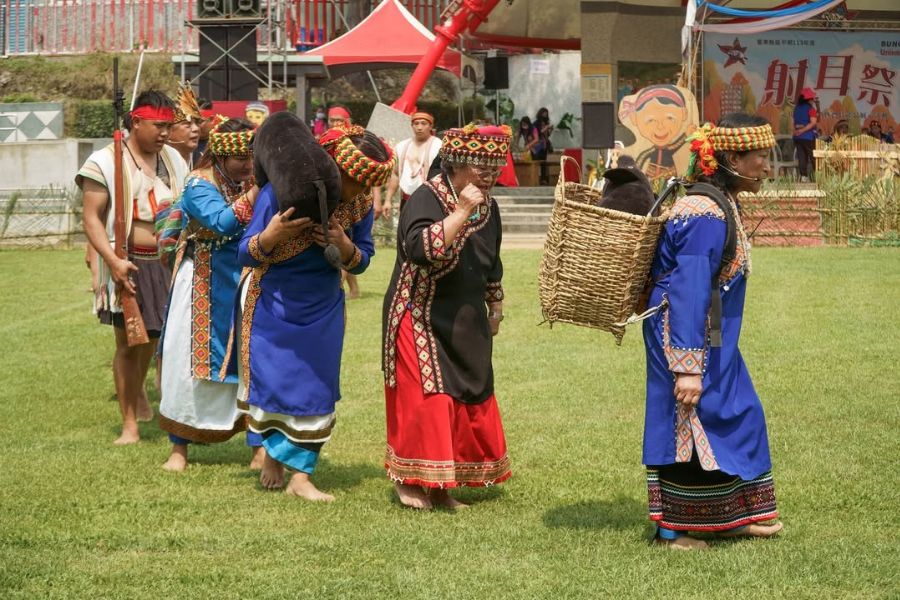
(Photo credit: @david_huang_taitung)
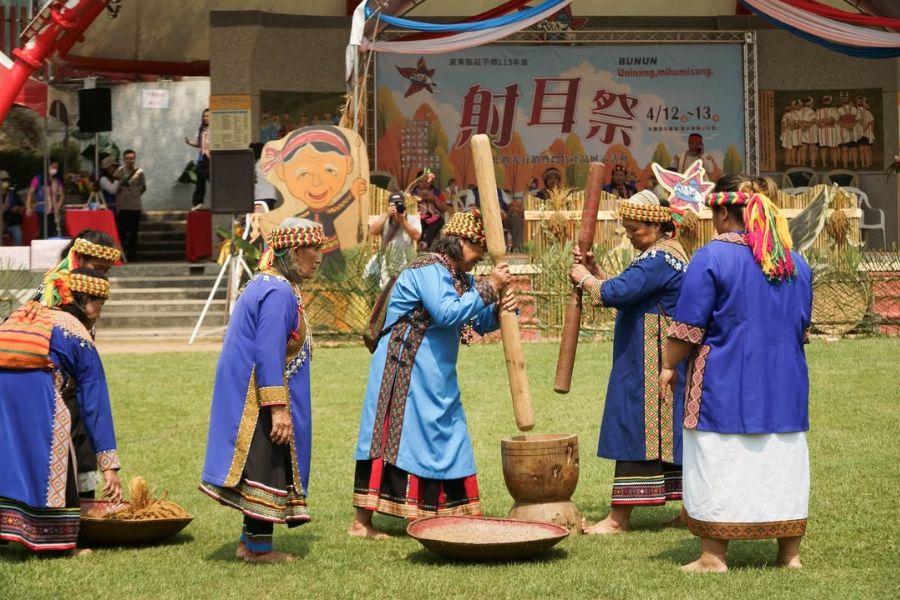
(Photo credit: @david_huang_taitung)
Ecological Knowledge and Rituals in Indigenous Languages
In Paiwan tribal villages across Taimali, Jinfeng, Dawu, and Daren Townships, hunting techniques carry abundant traditional ecological knowledge. Hunters are well acquainted with the habits of the wild boar (vavui), Formosan muntjac (dagece), and Formosan sambar (vunan), as well as the skills of crafting homemade muskets and setting slate traps. Before setting out, hunters conduct the palisi ritual, offering betel nut to the heavens, earth, and ancestral spirits.
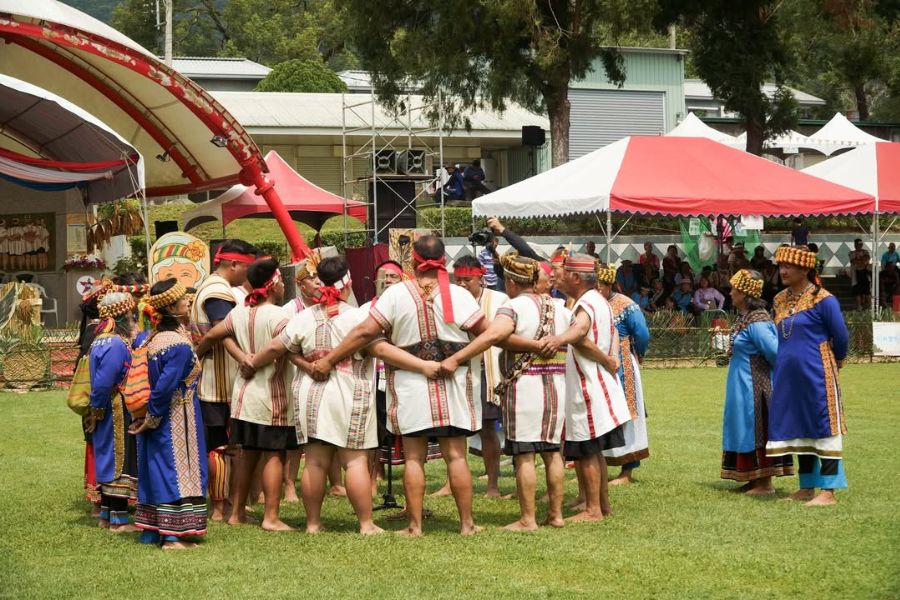
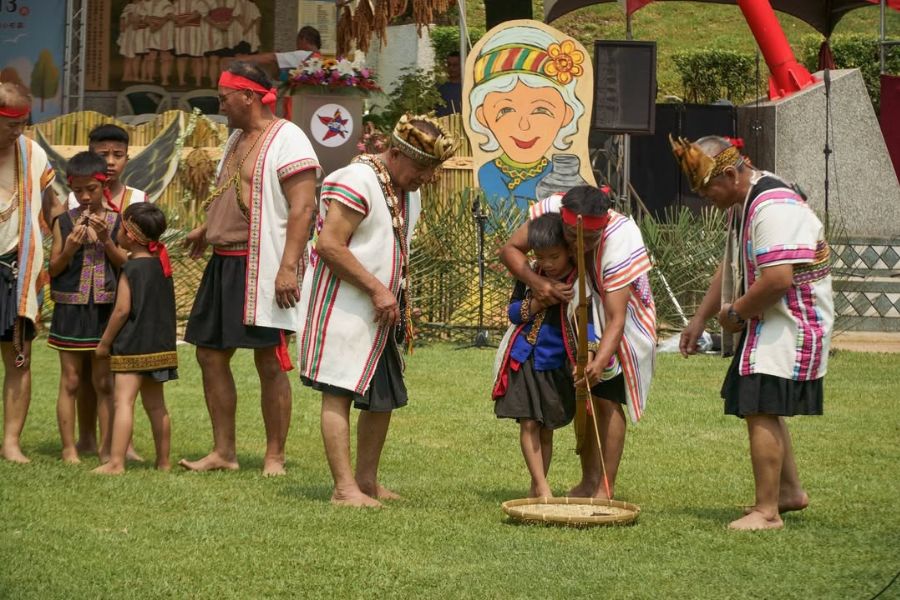
(Photo credit: @david_huang_taitung)
Legal Framework and Adaptation of Traditions
With the implementation of the Act on Wildlife Conservation in 1979, Indigenous hunting culture faced severe challenges. In response, Taitung County Government has actively worked with relevant agencies to promote community-based indigenous hunting self-governance. According to Article 21.1 of the Act, tribes may apply to the county government and the Forestry Bureau for legal hunting during the traditional season, from November to April. An example is the Jinlun River Old Settlement Root-Seeking Event in 2011, where six participants with three firearms harvested seven Formosan muntjacs, demonstrating the potential for sustaining traditions within a regulated framework.
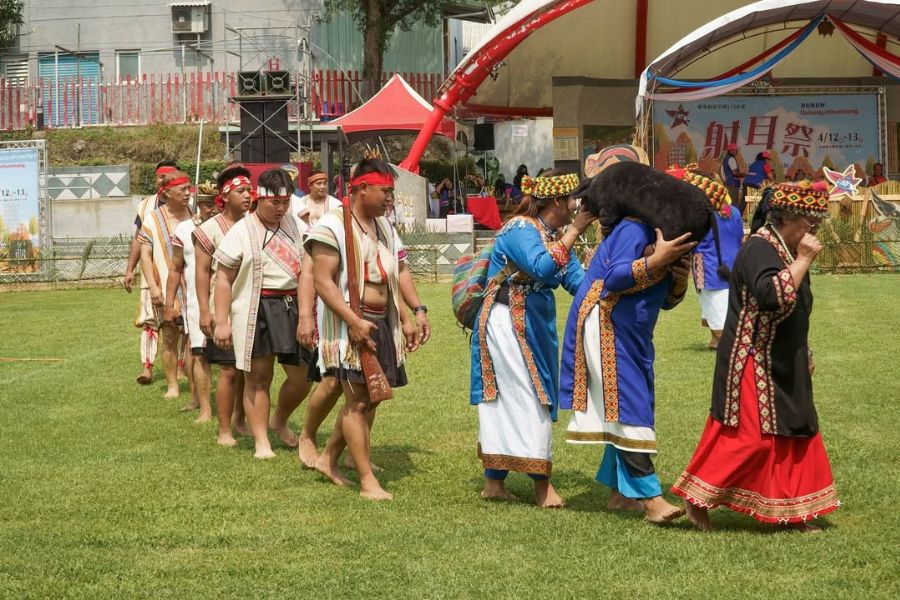
(Photo credit: @david_huang_taitung)
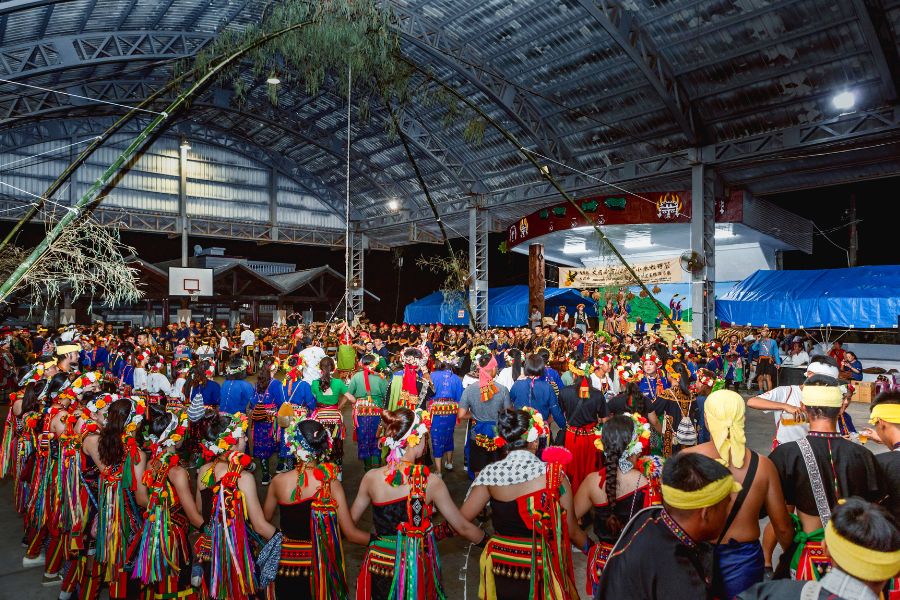
(Photo credit: @hao.studio2023)
Innovative Education at Lalauran’s Hunter School
Facing the risk of cultural discontinuity, Sakinu, a 53-year-old Paiwan hunter from the Lalauran tribal village in Taimali Township, founded a hunter school. Starting with basic archery skills, he gradually leads children into the forests to experience hunting. Sakinu broke traditional gender boundaries by creating a Daughter’s Space for his three daughters, enabling them to learn hunting culture as well. He emphasizes, “Changing traditions and allowing traditions to change is the only way to keep them alive.” This innovative approach not only attracts young people to participate but also embodies the cultural belief that “identity is more important than bloodline.”
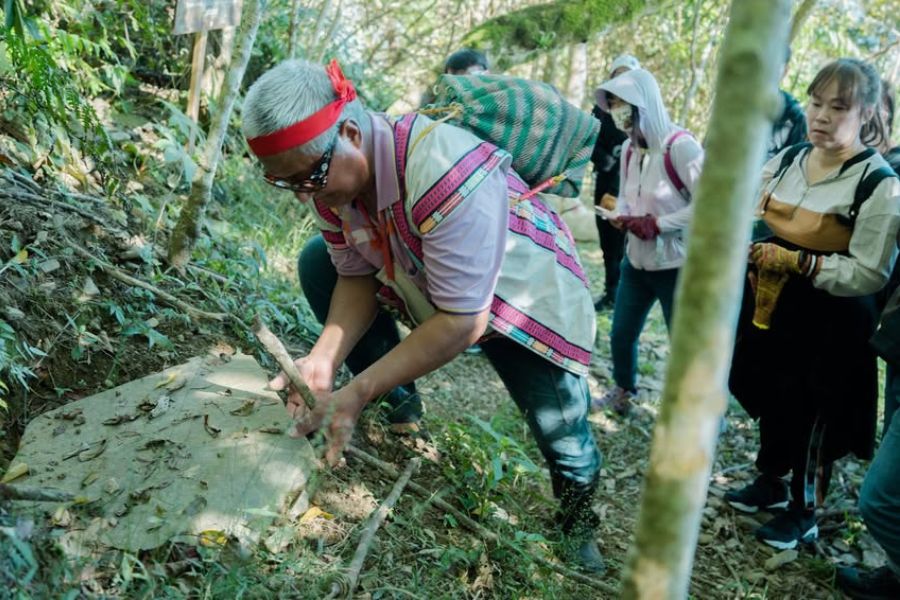
(Photo credit: elv_festival)
Pathways to Sustainable Practice
Beyond the hunter school, the Yongkang (or Uninang) tribal village in Yanping Township promotes hunting culture through the Uninang Handcraft Workshop, offering experiences such as trekking traditional hunting paths at 930 meters above sea level, archery and spear-throwing, and performances of Pasibutbut (Eight-part Polyphony). Supported by the Intergenerational Bilingual Empowerment Program of the Taitung County Government, the initiative integrates ecological monitoring and youth training with bilingual guided services. This model not only ensures cultural continuity but also creates economic benefits.
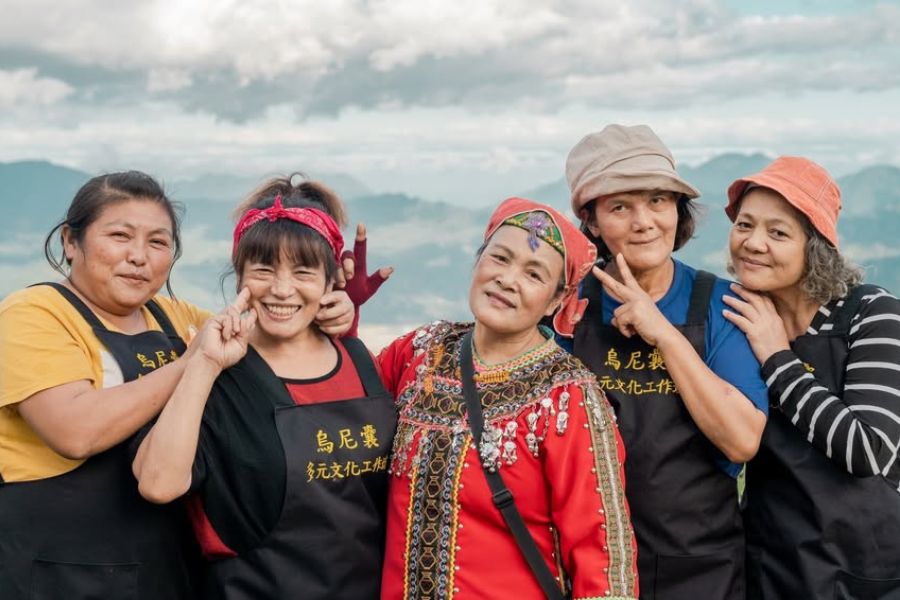
(Photo credit: elv_festival)
By combining traditional wisdom with modern education, Taitung’s Indigenous hunting culture is moving toward a new direction of being “legal, safe, and sustainable,” setting a model for balancing cultural preservation and environmental conservation across Taiwan’s indigenous regions.
Learn more about and experience Austronesian culture.




